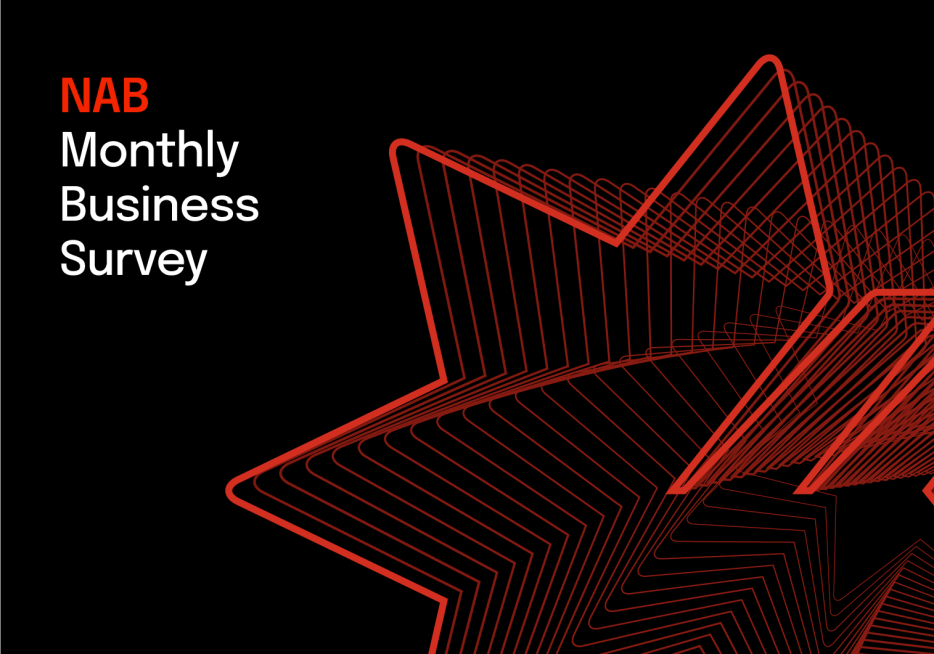Confidence continues to lift


Insight
In 2012, after a decade as Chief Executive Officer of the National Rugby League, David Gallop was appointed CEO of Football Federation Australia. He shares his mission to have the most fans and participants of any Australian sport.
In 2012, after a decade as Chief Executive Officer of the National Rugby League, David Gallop was appointed CEO of Football Federation Australia. He shares his mission to have the most fans and participants of any Australian sport.
You ran the NRL for a decade. What are some of the business lessons you brought across, and how different is running FFA?
There are many similarities in running sports that have clubs, members, state affiliates and participants. The dynamics between all the layers is always interesting. Of course, the games themselves are very different, but in an organisational sense, things are very similar. The common thread for me … is the need for balance and compromise. A healthy sport has all levels working together and sharing the vision.
What are the biggest business challenges you’ve faced over the past three years?
On my first day on the job, I noted that football had long been regarded as a “sleeping giant” of Australian sport. My first business imperative was to position football as a mainstream sport. That’s been a critical piece of work – to convince media companies, potential sponsors and the wider sporting public that football has an important place in Australian society. The length and breadth of the game is also an opportunity and a challenge. From the international stage to the grassroots, football has a presence everywhere, and we’ve made some significant steps in bringing it together with the start of the Westfield FFA Cup and the PlayStation 4 National Premier Leagues Finals Series. The other challenges are well known. We have 1.96 million participants, but we don’t always have the resources to do what’s required in facilities, coach education and fan development. So that means the next few years will see a focus on revenue opportunities.
You’ve said previously that football in Australia is enjoying a golden period. What are some recent highlights?
There have been so many golden moments. The Socceroos’ performances at the FIFA World Cup in Brazil, and winning the AFC Asian Cup. The Matildas going close to retaining the Asian title, and then beating Brazil at the World Cup in Canada. The Western Sydney Wanderers coming to life, winning the AFC Champions League and the fantastic launch of the FFA Cup.
Your “Whole of Football Plan” sets an overall goal of creating 15 million Australian fans by 2035. Is number of fans the currency by which football’s success is judged?
The measure is very clear. It means having the most fans and participants of any Australian sport, as well as producing world-class players. It’s all achievable – in fact, football is already the most popular team sport. Ten years ago there was no Hyundai A-League and the Socceroos hadn’t qualified for the World Cup in 32 years. Look how far we’ve come in a decade.
The television deals for A-League and Socceroos matches are worth $160 million over four years, compared to the AFL’s $2.5 billion over six years. Why the disparity, and can football bridge this gap?
The AFL has been around a lot longer than the A-League, and they’ve built a very strong competition. On any measure, the A-League has its best years ahead of it. We have opportunities for exponential growth – into Asia, into new markets and new fan segments. I’m confident the value of our rights will continue to increase over a long time.
One in five football players in Australia is female. How important will the female fan base be to the game’s future?
Female participation is our fastest-growing segment. It’s incredibly important for so many reasons, including having more female fans at our national competitions. We are investing in the Westfield W-League to provide a better pathway for our elite [female] players. It’s an evolving story, but it’s certainly a strategic focus.
NAB are proud supporters of the Westfield W-League. To help us celebrate our partnership we’re offering NAB customers two free tickets to the Melbourne City vs. Sydney FC Grand Final in Melbourne Sunday 31st January 2016. Click here to register.
This article was first published in Business View magazine (Summer 2015). For more articles and interactivity, download the iPad edition of Business View for free via our app, NAB Think.
More from NAB:
© National Australia Bank Limited. ABN 12 004 044 937 AFSL and Australian Credit Licence 230686.